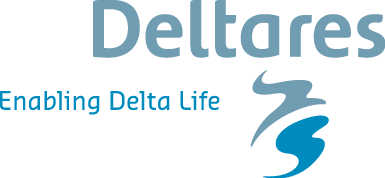Adaptive Delta Management: Opportunities and Barriers
Date
- June 29th, 2017
Speakers
- Dr. Ad Jeuken (Expert advisor Climate adaptation and water management, Deltares)
- Dr. Marjolijn Haasnoot (Senior expert in water management and environmental modelling, Deltares, TU Delft)
- Dr. Denise Reed (Vice President for Strategic Initiatives, The Water Institiute of the Gulf)
Presentation
Description
The world’s river deltas and coastal cities are becoming increasingly vulnerable due to pressures from climate change, rising sea levels, and growing populations. Governments plan infrastructure and policies to achieve resilience to (future) pressures endangering a safe living environment in deltas.
However, decision-making on water management and coastal protection, among other things, is complicated by uncertainties about the future, the dynamic nature of deltas and the interaction between the environment and society. Moreover, economic and/or environmental priorities do not always align with adaptation measures.
Adaptive Delta Management (ADM) aims to assess climate change impacts, develop adaptation measures and analyse the effectiveness, robustness and flexibility of the adaptation strategy. Besides that, ADM aids in dealing with uncertainties in a transparent and sensible way, by linking current decision making to future choices. Though the prime focus is on delta areas, the approach can be applied beyond deltas areas.
To date, ADM has been applied to a limited number of cases in practice, e.g. the Thames Estuary 2100 study in the UK, the Delta Programme in the Rhine and Meuse delta in the Netherlands, and the Delta Plan study in Bangladesh. This webinartried to identify under which conditions and with what modifications ADM can be successfully applied elsewhere.
Related Resources
- Brochure: Adaptive Delta Management
This webinar was organised under the auspices of
in association with

{jcomments on}

